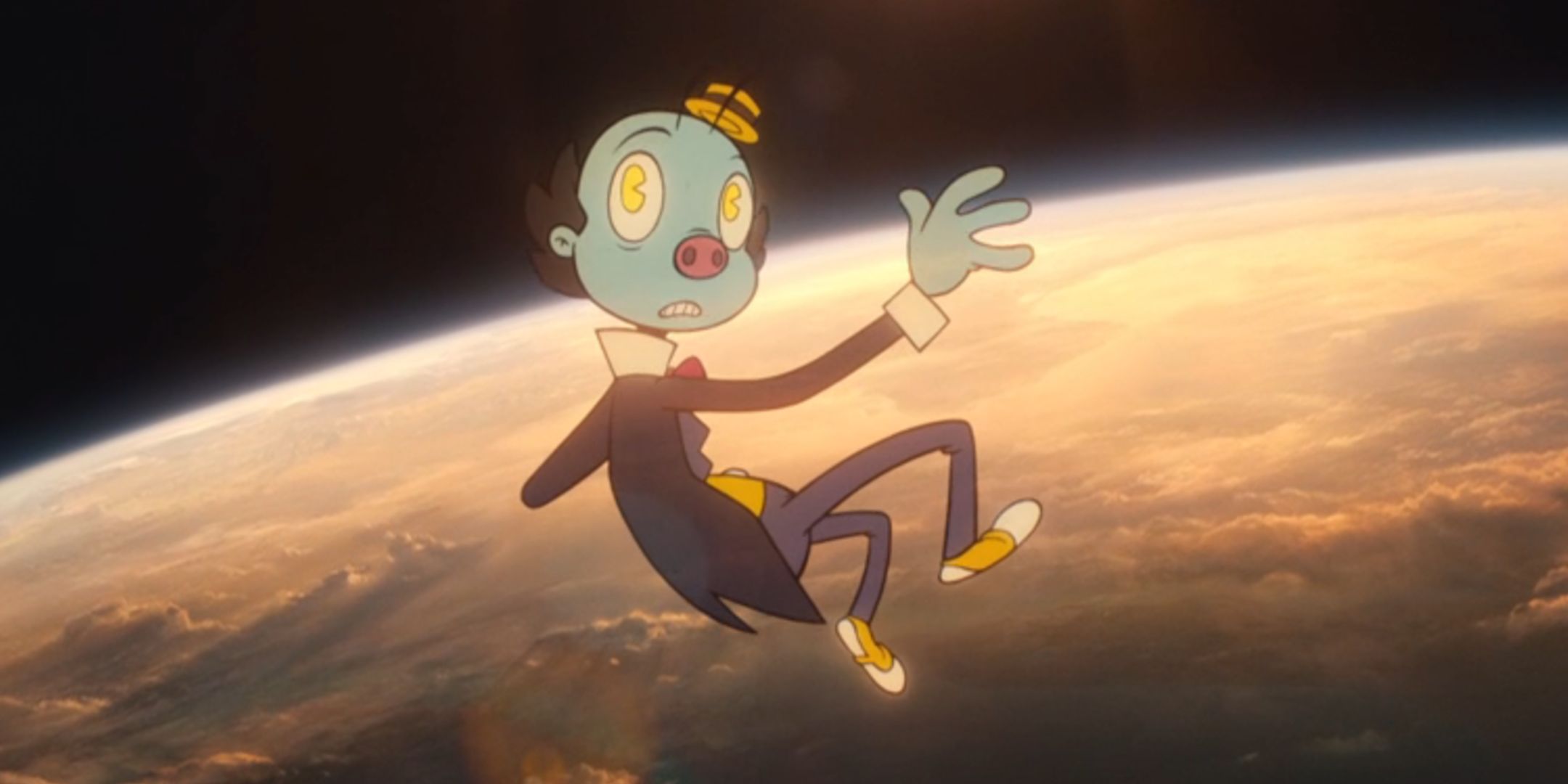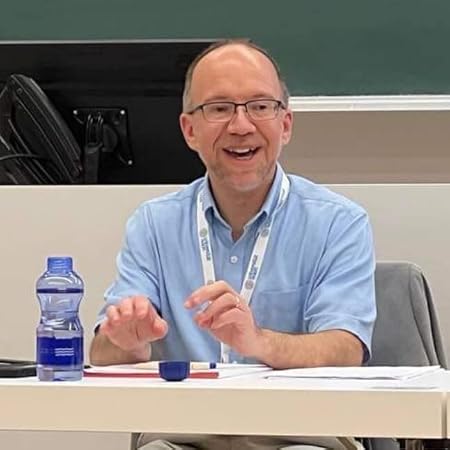Doctor Who: Lux
“God of light” sounds like such a positive character, and yet the opponent the Doctor faces in “Lux” is anything but bright and sunny, at least as far as his personality is concerned.
I will get back to the first episode of this season, “The Robot Revolution,” very soon. But having fallen behind on writing, it seems appropriate to jump in on this second episode, titled “Lux,” since it intersects with religion very directly.
We had seen the Doctor confronting various gods of a pantheon that originates beyond our universe, including the Toymaker, Maestro, and Sutekh the God of Death. In this episode we meet “Lux Imperator,” Latin for ruling light, who identifies himself as follows: “I am Lux. Lux Imperator, the God of Light! I am the dazzle at the heart of the Pantheon, and the glint in the eyes of the mad. I am the last thing you see before you fall into the abyss.”
Inversions and Variations
Lux enters a cinema through reflected moonlight that reflects off a spoon and shines on celluloid filmstrip, taking the form of a cartoon character named Mr. Ring-a-Ding. The light enters the world and in a fitting manner becomes cartoon rather than flesh. Yet the light-become-cartoon wants to have the light of life. A whole book chapter can be written exploring the inversions of and variations on details in the prologue of the Gospel of John in the episode.
The Doctor is trying to get his new companion, Belinda Chandra, back to her home place and time, and yet the TARDIS keeps bouncing off of that date in May 2025. On this occasion, they bounce to Miami in the 1950s, placing them in the era of segregation, when the presence of the Doctor and Belinda in places such as the diner or the cinema means they are breaking the law. When Belinda is troubled by the Doctor’s nonchalant attitude to this historical reality, he replies: “I have toppled worlds. Sometimes I wait for people to topple the world. Until then I live in it…and shine.”
Doomed to Disappear
When the God of Light turns them into cartoons, they try to figure out how to escape, leading to some wonderfully meta scenes. First, each discovers that they become increasingly three-dimensional as they share their feelings. They literally gain depth. Then they try to move vertically to escape the filmstrip, leading them at one point to believe that they had escaped–only to realize that they were still in a fictional realm because of continuity errors (the sort of thing that Doctor Who itself is famous for).

Then they realize they need to literally break through the fourth wall, and so they do so and find themselves in a room where three fans have been watching Doctor Who, one wearing a fez and another a scarf. They are so excited to meet them and talk about what they love about the show, including hilariously offering “Blink” consistently as their favorite adventure. It soon becomes apparent, however, that it is these three fans who are fictional rather than the Doctor and Belinda. This means they are doomed to disappear when the main characters leave (although in a final scene after the credits, we discover that they have somehow persisted).
They manage to stop the film which causes it to burn under the intensity of the projector lamp, allowing them to escape.
The God of Light then tells the Doctor that it is time for “The Greatest Story Ever Told,” which was of course a famous film about Jesus. Here too we get a distorted crucifixion in which the Doctor is tied up with filmstrip while the God of Life’s avatar Mr. Ring-a-Ding steals his regeneration energy to build himself a new body.
The fans they met gave away spoilers to the Doctor and Belinda, however, and so they know what they must do, namely let in sunlight.
The plan initially seems as if it might backfire. Lux begins absorbing sunlight and growing rapidly. Before long, Lux has grown beyond Earth and utters the words, “The light of creation. I am everything and I am nothing. Goodbye.” And then he seems to be gone, or rather absorbed into the all-pervasive light that permeates the universe.
A Conversation Starter
Belinda is confused as to why the light that Lux feeds on could be a weapon against him. The Doctor explains that humans are 60 percent water and can still drown. Belinda replies, “So he’s actually a god now. Infinite, invisible, intangible.” The Doctor responds by saying, “Amen”
That moment is theologically provocative and should lead to interesting conversations for those with theological interests. The God of Light, it might seem to those steeped in the monotheistic theological traditions, be far superior to one mere sun. Yet, historically, the God of Light was the Sun or at least embodied in and connected with the Sun. That stars were other suns was not yet known. Thus the reabsorption of the avatar of Apollo back into the Sun would make sense, in a way that this story does not to the same extent, since it is not framed against the historic polytheistic traditions of Earth, but on the scale of universes. So there’s something here to quibble about theologically, but for precisely that reason, it will work well as a conversation starter.
Rampant Misinformation
I wonder whether anyone had the same reaction that I did when, after those previously trapped on celluloid by Lux are freed, Tommy’s mother says, “I had faith and you came back.” There was a moment earlier in the episode when Tommy’s mother seemed to have betrayed the Doctor and called in police to apprehend him as a troublemaker. That was when the Doctor realized that it was something fake due to the inappropriate costuming. Thus that moment was not something that Tommy’s mother actually did. Yet it is so easy, having seen someone do something, to judge them even if it turns out that what we saw was fakery. This element in the story is perhaps the most profound and provocative for our era of rampant misinformation. Even if you know that what you heard in sermons was untrustworthy, it may still shape your views. Even if you distrust this or that news outlet, or the media in general, you may still be influenced by what they show you.
Before concluding, there are a couple more details that have to be mentioned. One is that Mrs. Flood was there, with her hair done slightly differently, but still recognizably herself. The other is that the three fans that the Doctor and Belinda met, who were doomed to vanish upon their departure, reappear at the end of the episode. They discuss the episode and give is a 7 out of 10. Then one of them realizes what is happening and exclaims, “Oh my God, we’re still here.”
What did you think of the Doctor’s encounter with the God of Light in this episode titled Lux?















